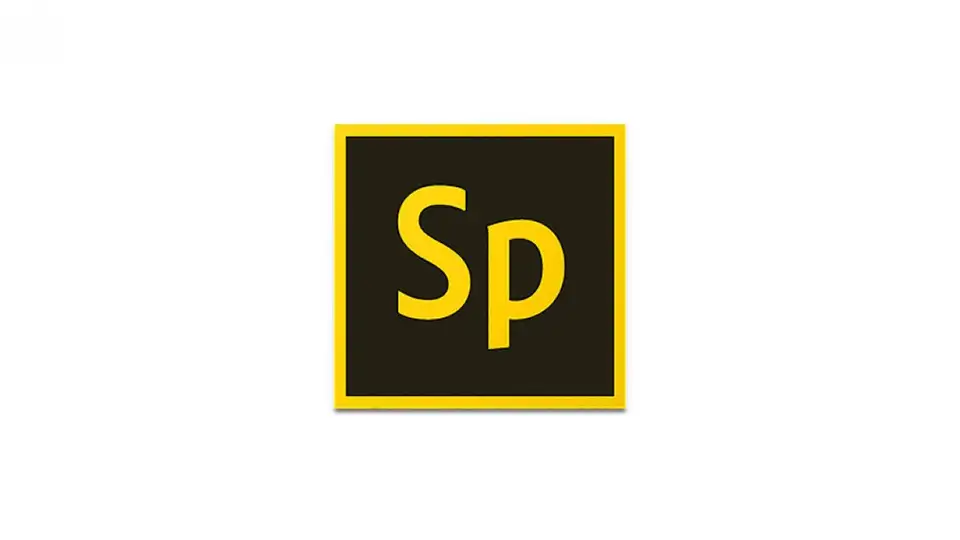Welcome to the world of writing, where the power of words knows no bounds. As a writer, you have the ability to transport your readers to different worlds, evoke emotions, and create unforgettable characters. But have you ever been asked to avoid using adjectives in your writing?
It might seem like a daunting task, but fear not! In this article, we will delve into the concept of the adjective-free zone and how to write stories without using adjectives.
Imagine writing like a painting, with each word being a brushstroke. Adjectives can be like bright paint colors, adding color and depth to your work. However, if used too much, they can make your painting look tacky and overdone.
Similarly, excessive use of adjectives can make your writing sound amateurish and diminish the impact of your words. So, how do you write stories without relying on adjectives? Let's find out.
Key Points
- Adjectives can enhance writing, but excessive use can diminish its impact.
- Eliminating adjectives can improve storytelling and engage readers.
- Strong verbs, nouns, figurative language, and sensory details create vivid stories.
- Tips for writing without adjectives: show, use concrete details and active sentences.
Issues With Excessive Use of Adjectives
You should avoid using adjectives excessively because it can reduce the quality and substance of your writing overall. Removing adjectives to enhance storytelling is a technique used by many writers to create more engaging and imaginative works.
If you rely too much on adjectives, you risk losing the audience's attention as they get caught up in unnecessary details. The technique of adjective-free writing for better interaction includes focusing on strong verbs and nouns, as well as using figurative language and sensory details.
By using these techniques, you create more lively and memorable stories that engage readers and keep them involved. Remember, the purpose of writing is not just to fill pages with words, but to craft a story that resonates with your audience.
By eliminating excessive adjectives, you can improve the overall quality and substance of your writing.
Tips for Writing Adjective-Free Stories
It's a challenge to craft a story without descriptive words, but don't worry, there are ways to achieve this feat. When writing adjective-free stories, it's important to focus on creating clear imagery through the use of strong verbs. Here are three tips to help you write engaging stories without relying on adjectives:
- Show, Don't Tell: Instead of describing characters as 'beautiful' or 'ugly', show their appearance through actions and dialogue. For example, instead of saying 'Samantha is a beautiful woman', you could write 'Samantha entered the room, heads turning. She flashed a megawatt smile, and everyone was drawn to her energy.'
- Use Concrete Details: When describing objects or settings, use specific details that appeal to the senses. For example, instead of writing 'The garden is beautiful', you could write 'The sun illuminated the emerald green grass, casting warm rays on the family picnicking on the soft blanket.'
- Use Active Voice: Instead of using adjectives to describe a character's emotions, use active verbs to show their feelings. For example, instead of writing 'She is happy', you could write 'Her heart swelled with joy, and she couldn't stop smiling.'
By following these tips, you can write engaging stories without relying on adjectives. Instead, focus on creating clear imagery and using strong verbs to engage your audience.
Examples of Successful Adjective-Free Stories
Immerse yourself in the captivating world of 'The Old Man and the Sea' by Ernest Hemingway, where every word matters and Hemingway's minimalist style reigns supreme.
Hemingway's approach to writing is a masterclass in how to craft a story without relying on adjectives. He believed that the influence of strong verbs and carefully chosen nouns was sufficient to create vivid imagery that brings readers to the heart of the story.
Hemingway's minimalist style allows the story to unfold at a pace that keeps readers engaged and invested in the narrative. The lack of adjectives forces readers to focus on the actions and emotions of the characters, rather than on descriptions of the world around them.
The result is a powerful, emotional, and impactful story. Hemingway's approach is evidence of the power of strong writing and its impact on readers.
So, if you want to write without adjectives, take a page from Hemingway's book and let the verbs speak for themselves.
Practice Exercises
Hi, ready to improve your writing skills? Let's dive into some exercises that will help you craft amazing stories without relying on adjectives.
One of the most common mistakes writers make when attempting to write adjective-free stories is relying too heavily on nouns and verbs. However, there are many creative alternatives that can help you add depth and richness to your writing without relying on adjectives.
For example, instead of simply stating that a character is 'beautiful', you could describe their actions, thoughts, and emotions in a way that conveys their beauty. You could also use similes and metaphors to create strong imagery that evokes the same emotional response as adjectives.
By practicing these techniques, you can learn to create lively, engaging, and vivid stories, even without using adjectives.
Conclusion
So, now you have the tools to write descriptive, engaging, and imaginative adjective-free stories just like adjective-filled ones.
By following the tips outlined in this article, you can create stories that rely on strong verbs, precise nouns, and clear imagery to bring your characters and settings to life.
But why write stories without adjectives? Because excessive use of adjectives can decrease reader engagement with a story, thereby reducing levels of empathy and emotional connection.
So by reducing adjectives and focusing on other elements of storytelling, you can increase reader investment in your narrative and make a lasting impact.
So why not challenge yourself to try writing adjective-free stories today? You might be surprised by the results.
 Indonesia
Indonesia 









